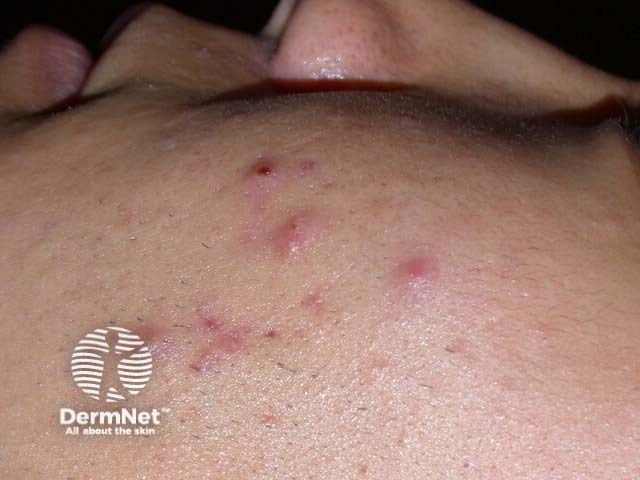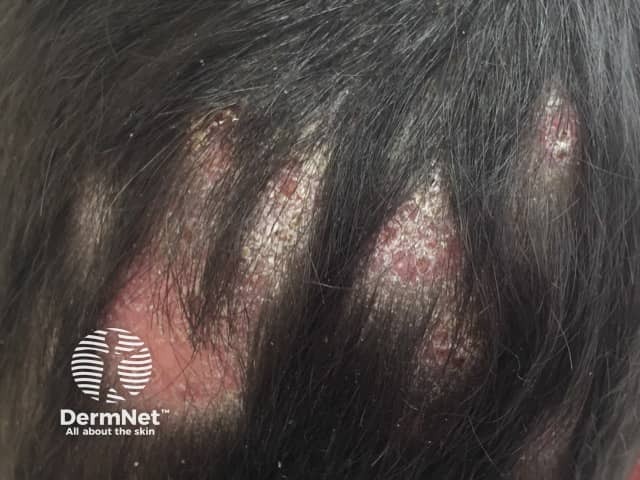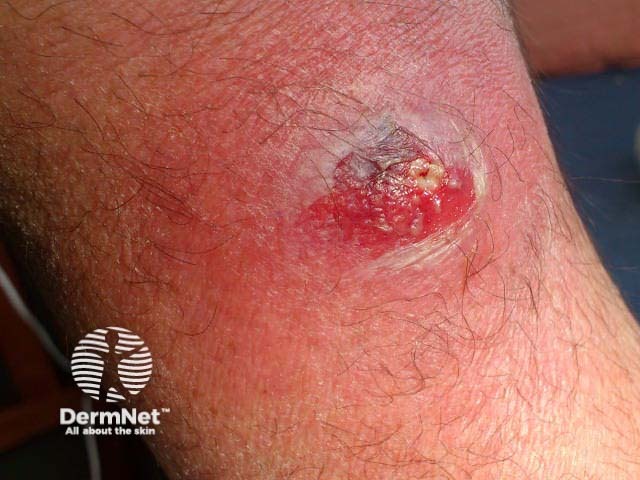Main menu
Common skin conditions

NEWS
Join DermNet PRO
Read more
Quick links
Rongoā Māori for the skin — extra information
Rongoā Māori for the skin
Author: Kaea Matenga, 6th Year Medical Student, University of Auckland, New Zealand; Chief Editor: Hon A/Prof Amanda Oakley, Dermatologist, Hamilton, New Zealand, May 2016.
Introduction
Māori terms for skin disease
Uses in skin disease treatment
Effectiveness
A brief introduction to the Māori people and Māori medicine
Māori are the indigenous people of New Zealand with a rich history and culture of language, music, art, mythology, and knowledge.
Through colonisation, much of this culture and knowledge was being lost, but efforts to preserve and revitalise all aspects of the Māori culture have seen a resurgence over the past few decades, so that Maori culture today is strong and vibrant.
This story of loss and revitalisation is true also of Māori medicine, known as Rongoā Māori. Originally practiced by Tohunga (medicine men), Rongoā involved a combination of chants, rites, and herbal remedies. While Tohunga were outlawed in 1907, the practice of Rongoā survived and today it is a recognised part of the New Zealand Māori health scene.
Māori terms for skin disease
In pre-european times, Māori were familiar with, and named, a number of skin diseases. These terms may sometimes still be used by Māori to describe skin conditions.
- Huahua: pimples, acne
- Hoipu: blister
- Whewhe: boil, furuncle
- Tapoa: carbuncle, abscess
- Pukupuku: any eruption of a papular nature
- Paipai: probably eczema/intertrigo, since applied to sexually transmitted disease
- Patito: ringworm, dandruff or most skin troubles of the head
- Hakihaki: impetigo, sometimes applied to eczema which has come on after scabies
- Pokapoka: ulceration, sometimes applied to hura
- Hura: tubercular ulceration of the neck

Huahua

patito

whewhe
Which Māori medicines are used for skin disease?
Tohunga learn their skills from another Tohunga. This means that there is no universal training or system of diagnosis or treatment, and tribal differences in practice are common. Treatments tend to focus on use of native flora (rongoā rakau), massage (mirimiri), and prayer (karakia), with a view to address not just the physical but the social, mental, and spiritual aspects of wellbeing.
Common uses of rongoā rakau for various skin conditions include:
- Kawakawa (Māori pepper tree): boiled, smoked, or steamed leaves are used to treat paipai; whole leaves are applied to wounds.
- Koromiko (hebe): leaves are applied as a poultice to ulcers.
- Mamaku (black tree fern): a bark poultice is applied to boils, wounds, chafing and sunburn.
- Karamu (coprosma): a decoction of leaves is applied to cuts and sores; the sap is used to treat scabies.
- Kumarahou (gumdigger’s soap): an infusion of the leaves is applied to wounds and general skin disorders.
- Manuka, Kanuka (red tea tree, white tea tree): a poultice made of seeds is applied to wounds; the oil is used as antiseptic; the gum applied to burns and wounds.
- Mahoe (whiteywood): the inner bark is used for burns; boiled leaves are used for scabies.
- Makomako (wineberry): boiled leaves are used for boils and burns.
- Toot, Tutu, Tupakihi (tutu): shoots and leaves are made into a poultice to apply to wounds and bruises.
- Harakeke, Korari (flax): a poultice made of leaves and roots treats wounds, abscesses and chilblains; the root juice is applied to ringworm and skin irritations; and the gum is applied to ringworm, wounds, burns and sunburn.
Are Māori medicines effective for skin diseases?
There is a lack of scientific evidence to demonstrate the efficacy of Rongoā Māori. As a consequence, standards of practice for Tohunga in New Zealand require patients to be referred to other services if needed, especially in emergencies, and that rongoā rakau (plant remedies) are not labelled with therapeutic claims.
References
- BPAC: Demystifying Rongoa Maori: Traditional Maori Healing, Best Practice Journal, no. 13, pp. 32-36, 2008. Journal
- Goldie. Maori Medical Lore. Transactions of the New Zealand Institute, 1904.
- R. Jones. Rongoa - medicinal use of plants. 22 September 2012. [Online]. Available: http://www.TeAra.govt.nz/en/rongoa-medicinal-use-of-plants/page-6. [Accessed February 2016].
On DermNet
Other websites
- Tikanga ā-Rongoā. New Zealand Ministry of Health.
- Rongoā Māori: Traditional Māori healing. New Zealand Ministry of Health.
